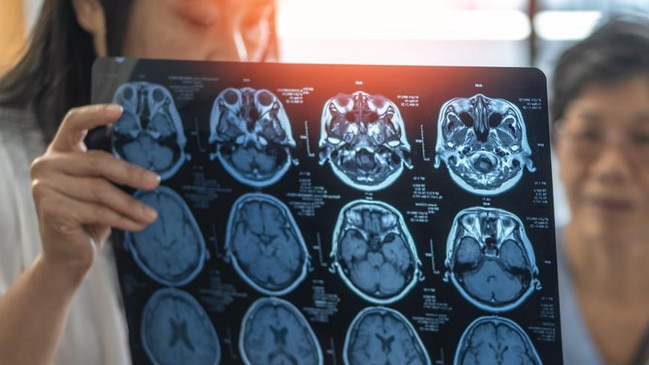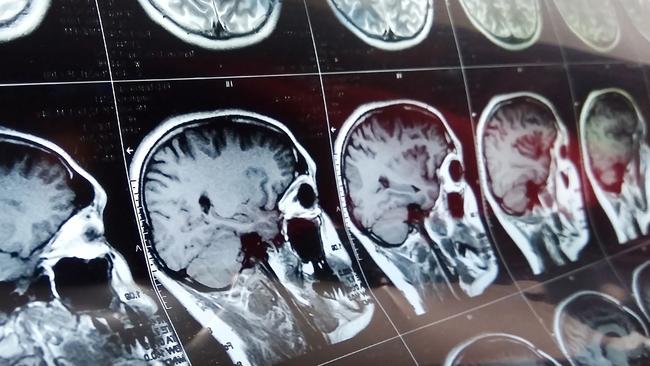Alzheimer’s could be ‘reversed’ as breakthrough paves the way for new treatment that offers hope to millions
Scientists investigating Alzheimer’s have made a key breakthrough that could pave the way to slowing or even reversing the disease.

Illness
Don't miss out on the headlines from Illness. Followed categories will be added to My News.
Scientists investigating Alzheimer’s disease have made a key breakthrough, identifying a key cellular process that drives most common cause of dementia.
American researchers say it marks a “promising” target for drug treatments aiming to slow, or even reverse, the disease’s development.
A team from the Advanced Science Research Center at The City University of New York (CUNY ASRC) discovered the critical mechanism that links cellular stress in the brain to the progression of Alzheimer’s.
The study, published in the journal Neuron, says the brain’s primary immune cells — called microglia — play a key role in protecting the brain from the disease.
Microglia are often dubbed the brain’s “first responders”, but scientists say these same cells can play a double-edged role.
Some protect brain health, while others worsen neurodegeneration, spurring on Alzheimer’s.

Understanding the differences between these cells has been a research focus for Professor Pinar Ayata, the study’s principal investigator.
“We set out to answer what are the harmful microglia in Alzheimer’s disease and how can we therapeutically target them,” Prof Ayata said.
“We pinpointed a novel neurodegenerative microglia phenotype in Alzheimer’s disease characterised by a stress-related signalling pathway.”
The research team discovered that activation of this stress pathway, known as the integrated stress response (ISR), causes microglia to produce and release toxic lipids.
These lipids damage neurons and oligodendrocyte progenitor cells — two cell types that are essential for brain function and are most impacted in Alzheimer’s disease.
But scientists found that blocking the stress response or the formation of lipids reversed symptoms of Alzheimer’s in preclinical models using mice.
Preclinical models are research tools used to test new treatments before trying them on people, which can involve testing on cells or animals.

This step is important to make sure that only the best and safest treatments are tested on humans in clinical trials.
The team examined post-mortem brain tissues from Alzheimer’s patients using electron microscopy, a technique that uses a beam of electrons to create detailed images of very tiny objects, much smaller than what we can see with regular microscopes.
They found an accumulation of “dark microglia” — a subset of these cells associated with cellular stress and neurodegeneration — in disease sufferers’ brain tissues.
Levels of these cells were twice as high in Alzheimer’s patients as they were in the brains of healthy people.
“These findings reveal a critical link between cellular stress and the neurotoxic effects of microglia in Alzheimer’s disease,” said co-lead author Anna Flury, a member of Prof Ayata’s lab and a PhD student.
“Targeting this pathway may open up new avenues for treatment by either halting the toxic lipid production or preventing the activation of harmful microglial phenotypes.”
The research team say their study highlights the potential of developing drugs that target specific microglial populations or mechanisms triggered by stress.
“Such treatments could significantly slow or even reverse the progression of Alzheimer’s disease, offering hope to millions of patients and their families,” added co-lead author Leen Aljayousi, a member of Prof Ayata’s lab.
This article originally appeared on The Sun and was reproduced with permission
More Coverage
Originally published as Alzheimer’s could be ‘reversed’ as breakthrough paves the way for new treatment that offers hope to millions




